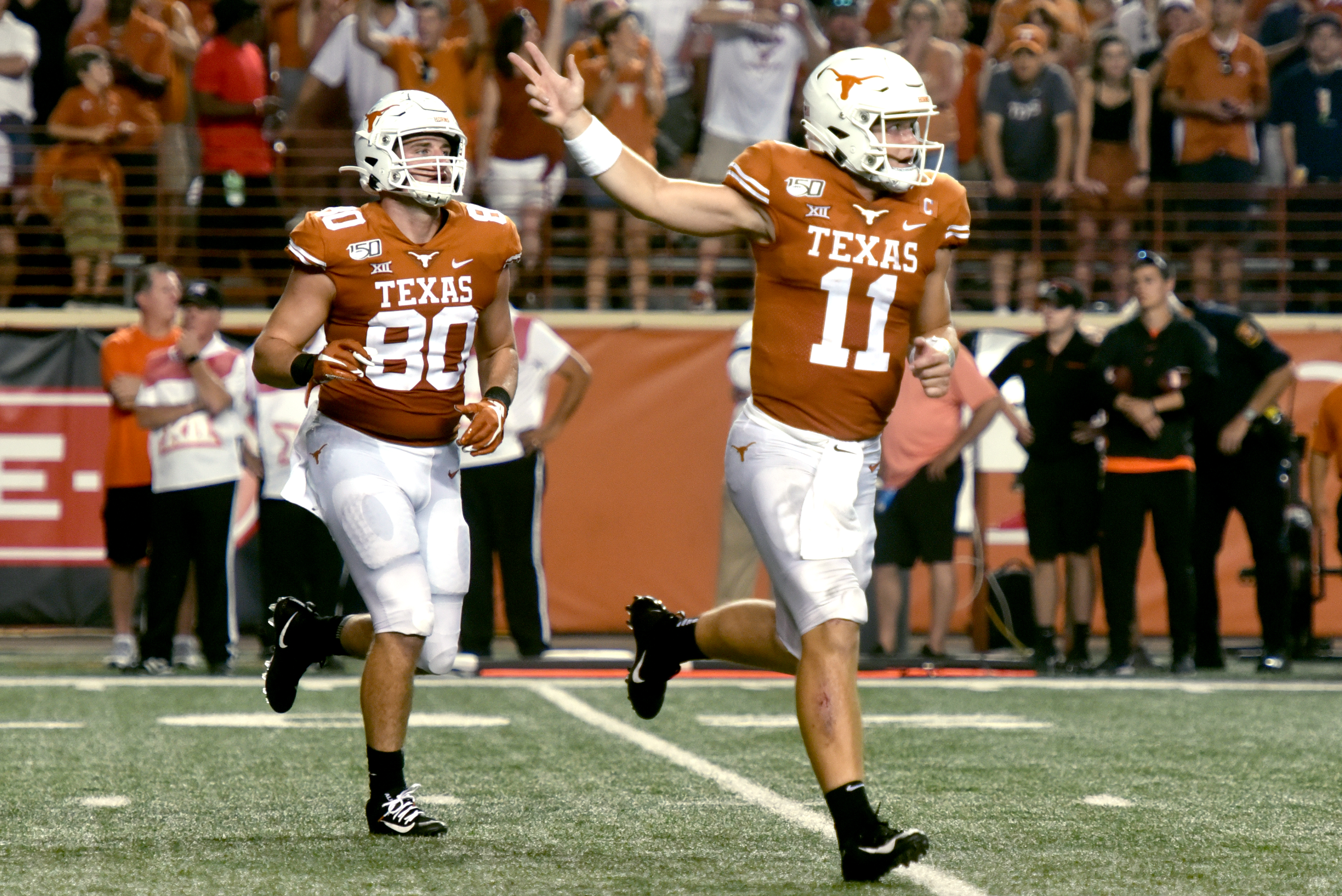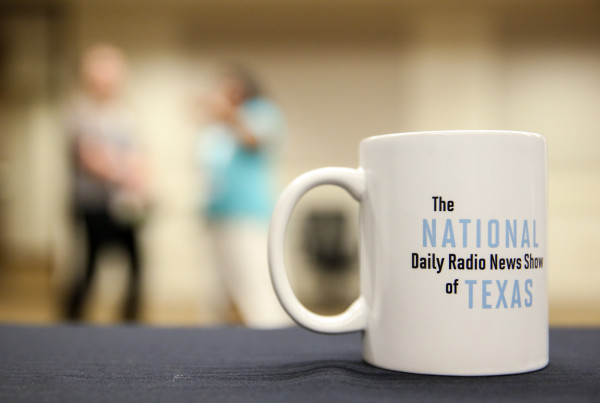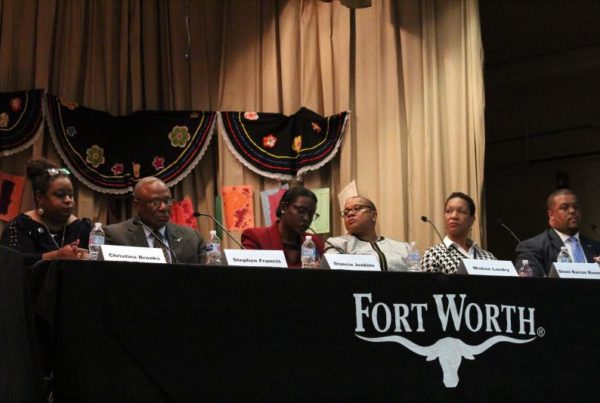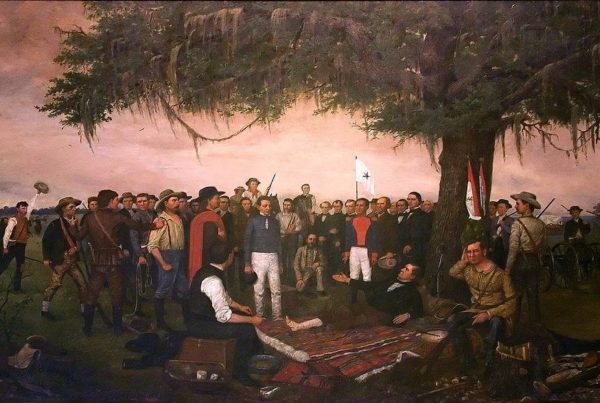The NCAA voted Tuesday to allow college athletes to profit off their name, image or likeness. They won’t be paid salaries by college athletic departments, but they also won’t be penalized for striking endorsement deals with outside companies. The move changes, in some ways, what it means to be an amateur athlete, but some say it doesn’t go far enough.
“You have, essentially, these universities housing billion-dollar minor-league football operations,” says Ralph Russo, the Associated Press’ longtime national college football writer. But he says the decision by the NCAA is only a first step in regulating student-athletes’ ability to earn money through their fame.
“There are so many details still to be worked out,” Russo says. “The NCAA is absolutely going to try to regulate this market as opposed to throwing the market open and just letting college athletes see whatever they can grab.”
Russo says the NCAA has approximately one year to come up with guidelines for outside income, and until then, it’s unclear how much the change will affect players and their teams.
What you’ll hear in this segment:
– How social media will likely play a role in student-athletes earning outside money
– How most student-athletes won’t become rich through endorsement or influencer deals
– Why collegiate sports is often the only avenue through which a student-athlete can become a professional
Written by Caroline Covington.















